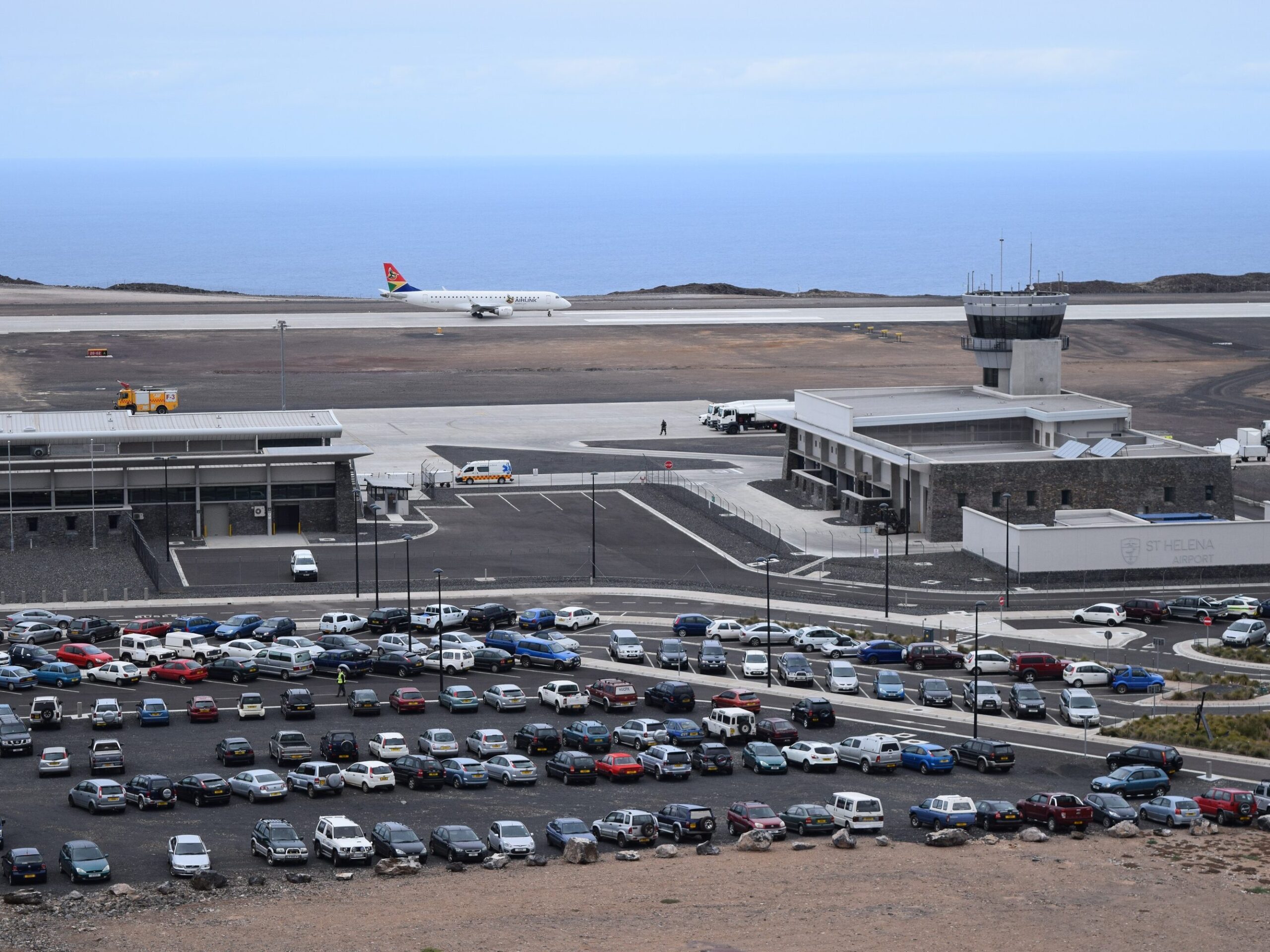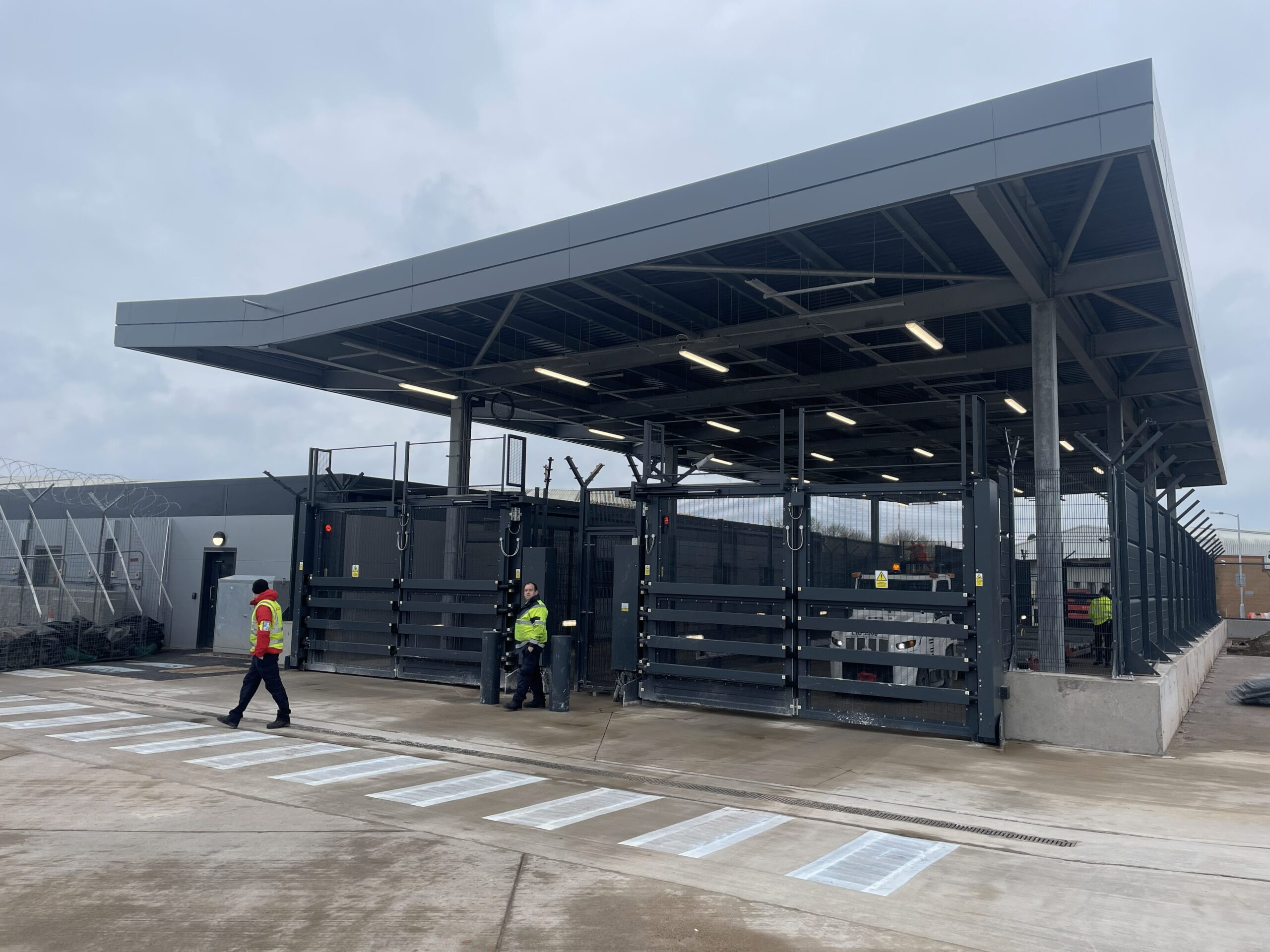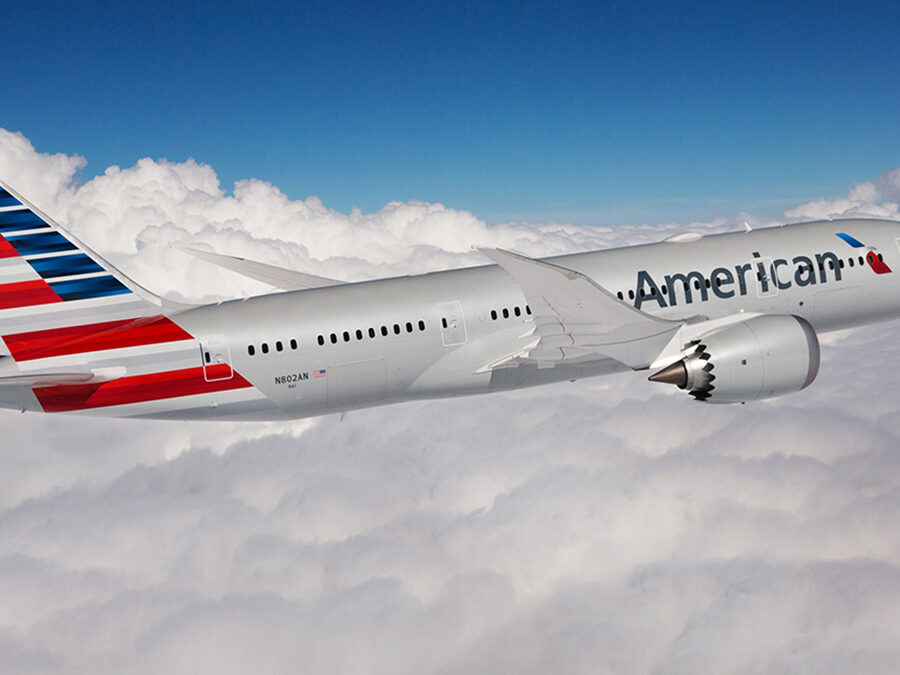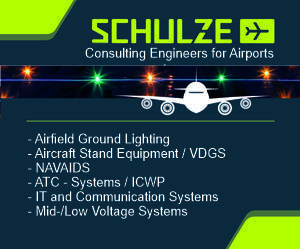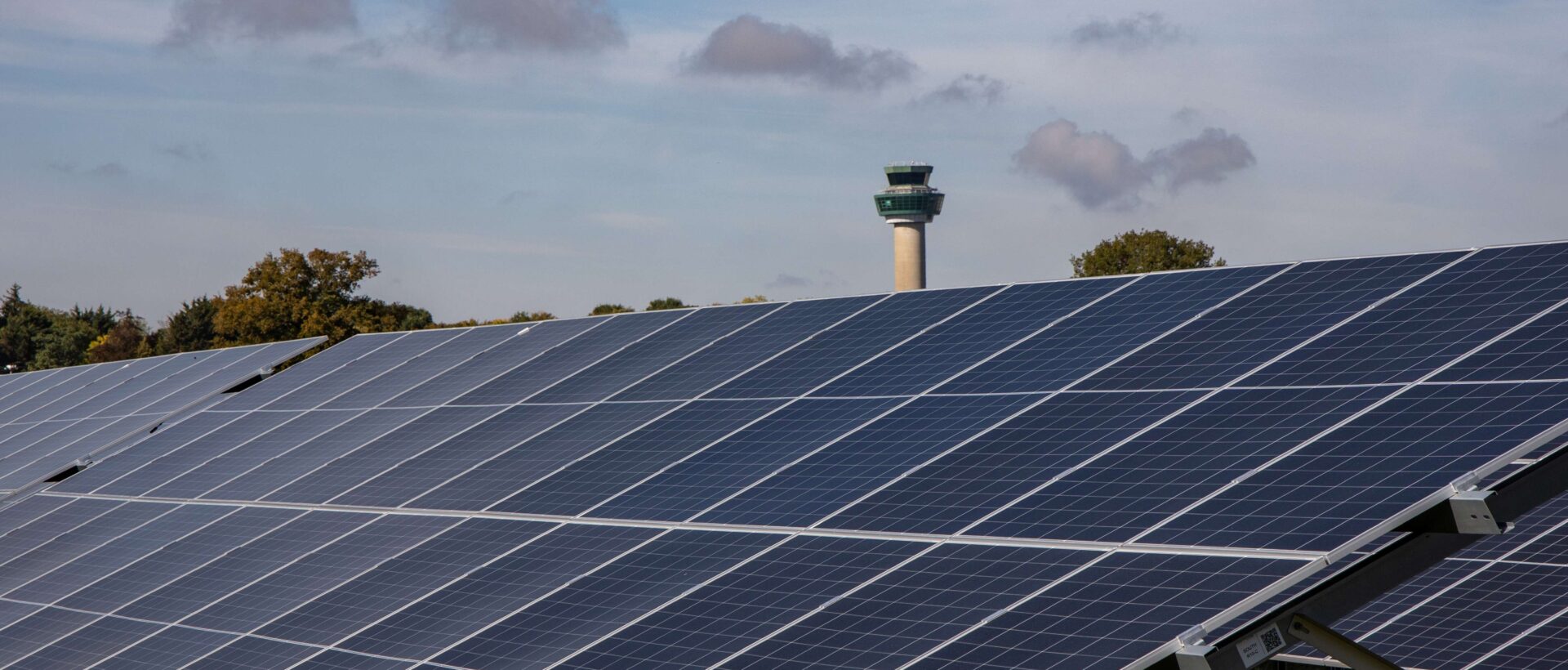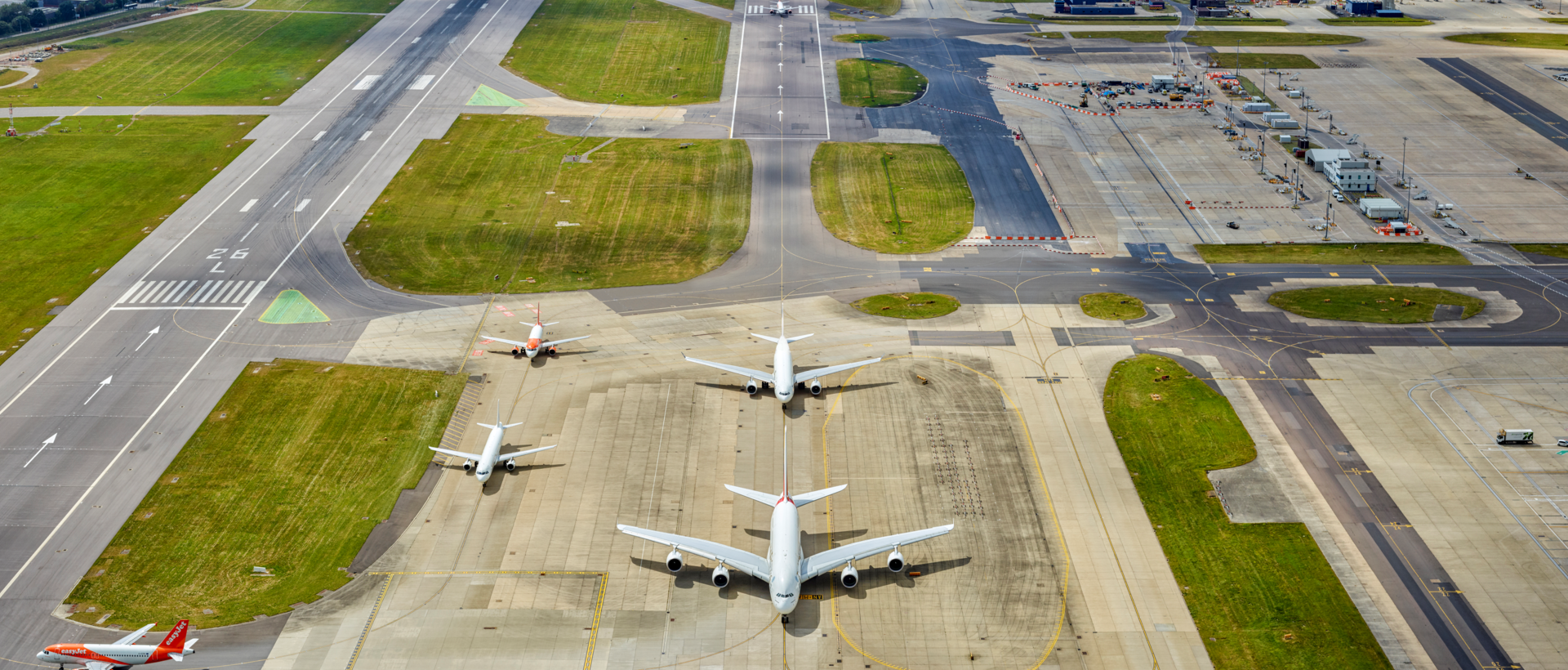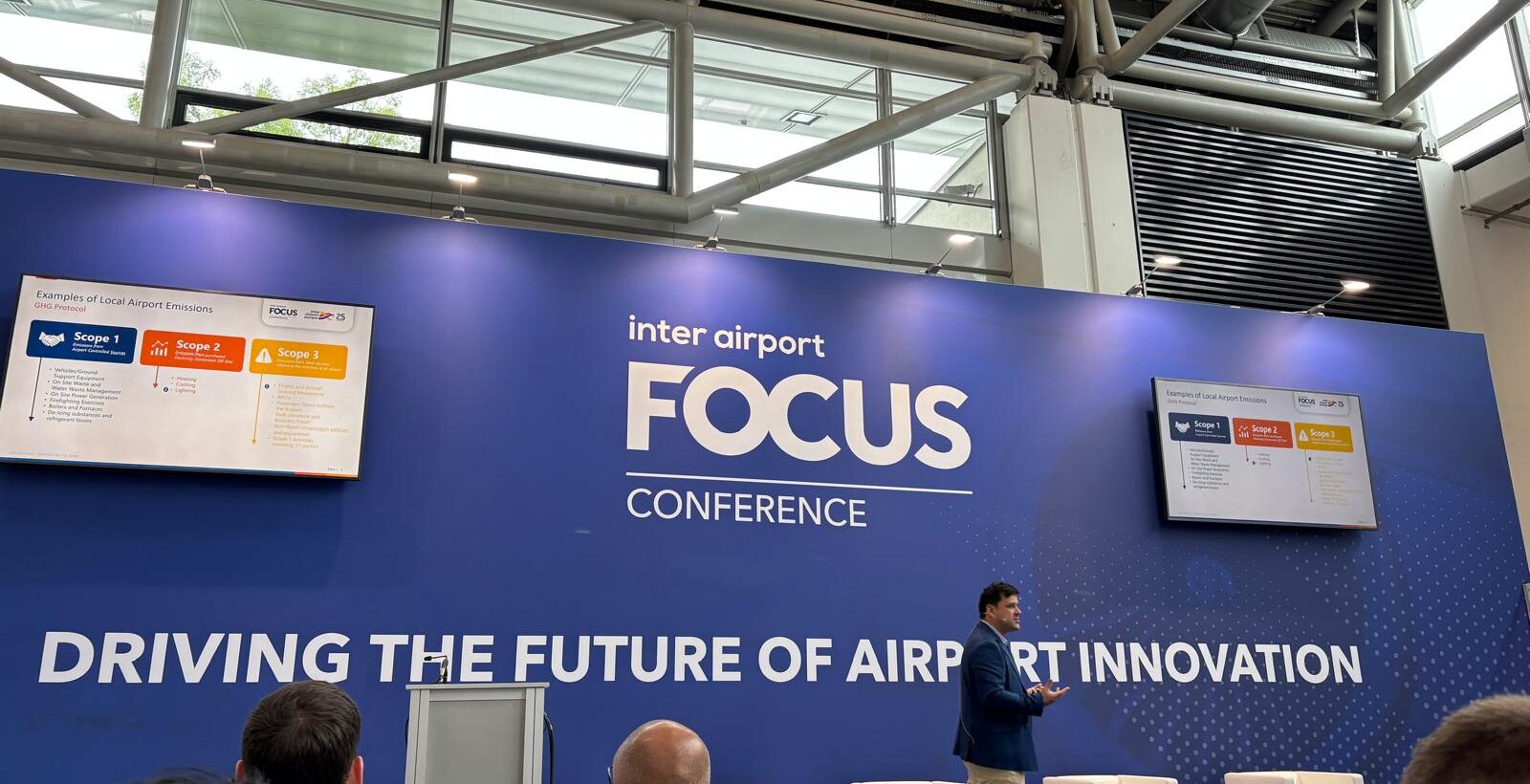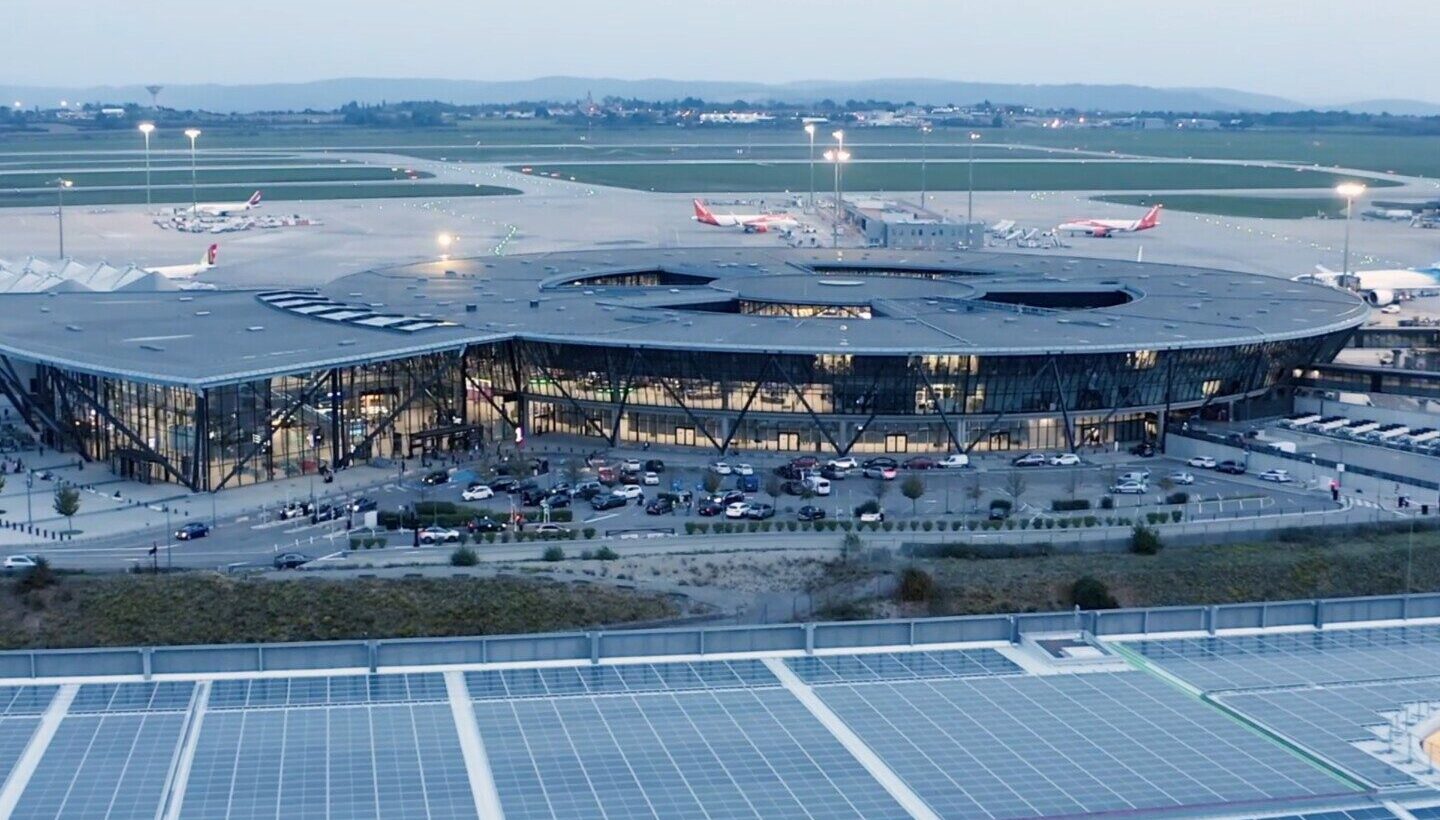VINCI Airports has announced that Salvador Bahia Airport (SSA) has become the first airport in Brazil – and across the entire American continent – to reach Level 5 of the Airport Carbon Accreditation (ACA).
The highest global recognition in airport decarbonisation; the certification, which was granted by the Airports Council International (ACI), recognises the airport’s achievement of net-zero emissions for both Scopes 1 and 2, as well as an overall commitment to reach net-zero for Scope 3 by 2050.
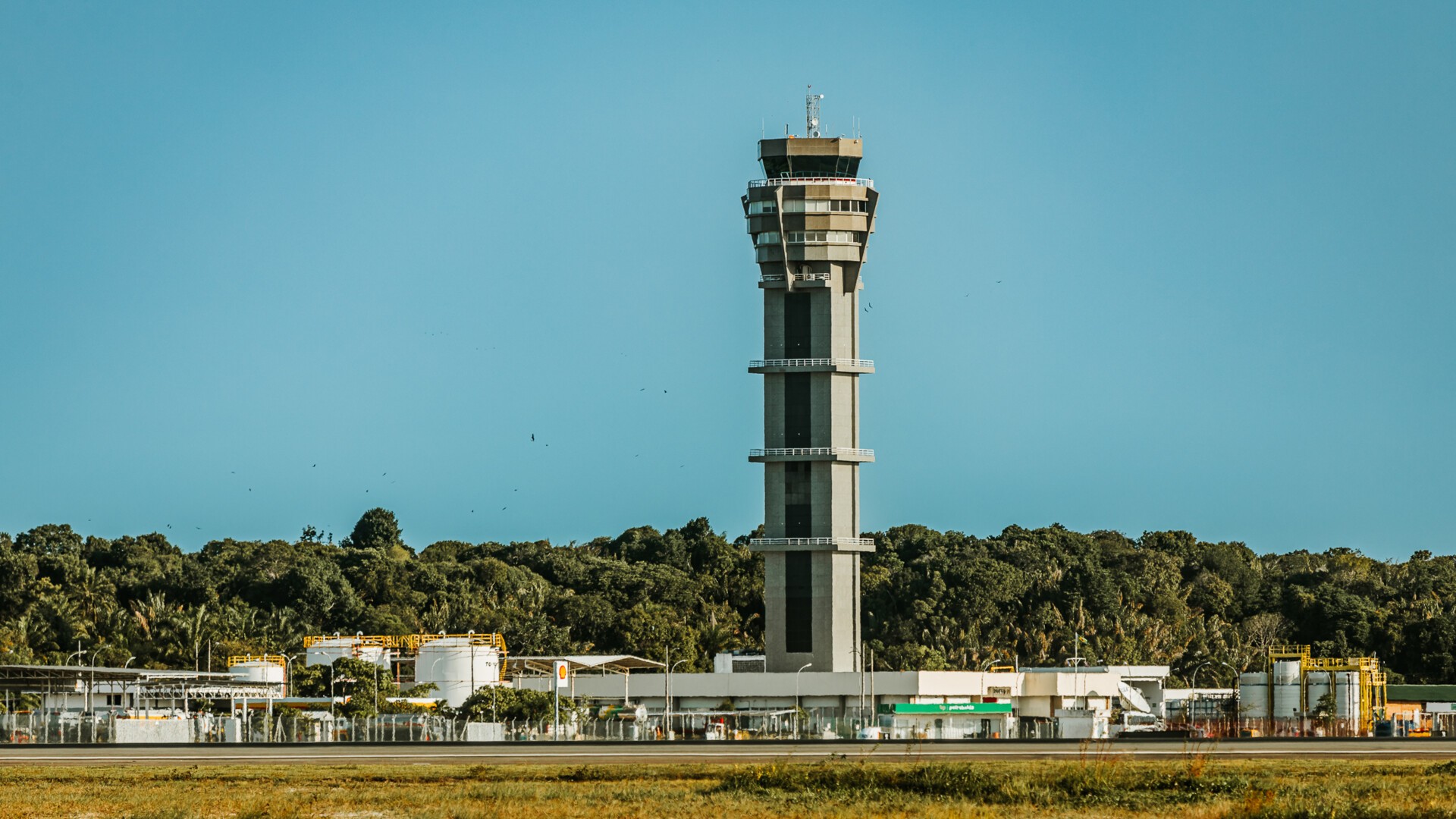
The announcement was made at COP30 in Belém, and comes two years after the airport became one of the first in the world to achieve ACA Level 5 accreditation at COP28 in Dubai.
In a statement; VINCI Airports has stated that the certification is the result of a number of actions carried out by the Salvador airport teams, including the use of solar power generation at two photovoltaic plants, exclusive use of 100% renewable energy for all airport operations, replacement of gas-powered equipment with electric alternatives, conversion of its fleet to electric or biofuel-powered vehicles and ongoing dialogue with stakeholders in order to raise awareness on emission reduction, as well as the offsetting of residual emissions through certified carbon sequestration projects.
Nicolas Notebaert, CEO of Concessions at VINCI and President of VINCI Airports said:This milestone marks a major step forward on the American continent in the decarbonisation of our airport activities and aviation as a whole. It reflects the outstanding commitment of our teams and our determination to take decisive action across our airports worldwide.
VINCI Airports has stated that it aims to achieve net zero emissions for all direct activities by 2030 within the European Union and the United Kingdom, and across the rest of the world by 2050.



